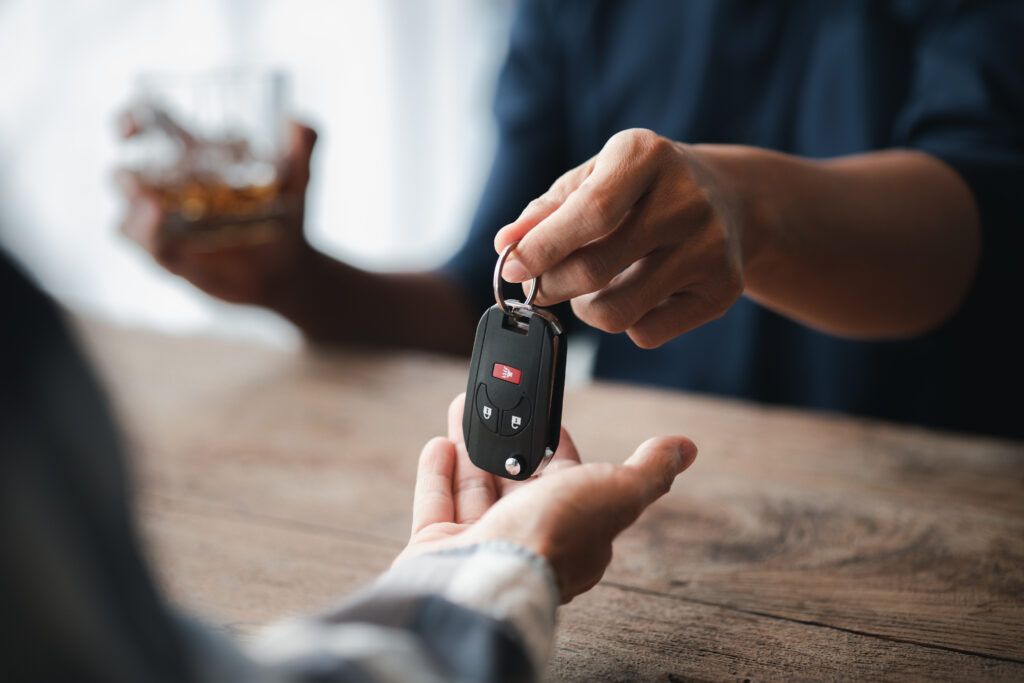Holiday Drinking And Driving: What You Need To Know

When it comes to the holidays, it’s easy to overindulge. However, if you do enjoy multiple holiday drinks, do not get in your car and drive home. Drinking and driving is a criminal offence under the Criminal Code of Canada. Impaired driving is a serious infraction that comes with horrible consequences if you are convicted. Besides impaired driving, you can also be charged with an over 80, refusing to cooperate with police and care and control. Given the severity of these charges and the potential consequences, it’s imperative to seek legal representation from an impaired driving lawyer who can provide expert advice and navigate the complexities of the legal system to help mitigate the impact on your life.
What is Impaired Driving?
Impaired driving occurs when someone operates a vehicle under the influence of drugs or alcohol. Vehicles include cars, trucks, boats, snowmobiles and off-road vehicles. Under the Criminal Code of Canada, impaired driving is a crime. When you are pulled over by police officers for driving erratically and there is physical signs of inebriation like slurring your words, staggering, stumbling, strong odour of alcohol etc., you will be given a charge of impaired driving.
What is Driving Over 80?
You can also be charged with driving over 80. In Canada, the legal blood alcohol level (BAC) is 80 milligrams of alcohol in 100 millilitres of blood. To determine your blood alcohol level, a breathalyzer or blood test will be conducted. If the test results show that you have over 80 milligrams of alcohol in 100mls of blood, you will be charged with over 80.
There are certain instances where you can be charged if your BAC is less than 80 but you still show signs of inebriation. Furthermore, if your BAC is between 50-80 you will be in the “warn range.” If you are 21 and under or a novice driver you must have a zero BAC. There is no “warn range” in this case.
What is Refusal to Provide a Breath Sample?
Another charge that applies in Ontario occurs when you refuse to provide a breath or blood sample to police. It is your legal duty to provide a sample and if you do not cooperate with law enforcement you will be charged.
What is Care and Control?
Care and control is a charge that occurs when you are not driving a motor vehicle but in care of control of one. This means that you have been found occupying the driver’s seat while impaired or with a BAC over the legal limit but not actually driving the car. Even if you are sleeping in the driver’s seat and your car is parked, you can be charged if you are in a state of inebriation.
What Happens When You Are Charged Under the Criminal Code of Canada?
When you are charged under the Criminal Code of Canada you face conviction. The immediate effects of your charges can include on-the-spot license suspension and vehicle impoundment. You may be reprimanded to undergo an alcohol-treatment program and have an interlock ignition device placed in your car. If you are found guilty of impaired driving, over 80, refusal or care and control you will be given a mandatory criminal conviction. A criminal conviction is more than a blemish on your driving record, it raises your insurance rates, makes travel to the United States a headache and you could encounter issues when applying for jobs. You will also lose your driver’s license for a minimum of 12 months and be fined no less than $1,000.
Drinking and driving can end your life and the lives of others if you get into an accident, and even if you avoid one, the consequences you’d face should you be stopped by a police officer can still completely change your quality of life.
For more information about Ontario’s Drinking and Driving Laws and the Criminal Code of Canada, contact Toronto Defence Lawyers.

Jonathan Pyzer, B.A., L.L.B., is an experienced criminal defence lawyer and distinguished alumnus of McGill University and the University of Western Ontario. As the founder of Pyzer Criminal Lawyers, he brings over two decades of experience to his practice, having successfully represented hundreds of clients facing criminal charges throughout Toronto.





